Shop Our Range of Tents For Your Next Camping Trip
Darche Roof Top Tent Awning Bracket Ridge/Highrize
Don't Pay RRP: $89.95
Oztrail 6mm Double Guy Rope With Wooden Runner & Spring
Don't Pay RRP: $18.99
Oztent Telescopic Pole 2.3m - 3 Piece Telescopic
Don't Pay RRP: $25.99
Black Wolf Cicada 2 - Orange / Gargoyle
Don't Pay RRP: $249.99
Black Wolf Fire Ant UL2 4 Season - Bright Green
Don't Pay RRP: $599.99
Black Wolf Grasshopper 2 UL Vibrant Yellow
Don't Pay RRP: $499.99
Black Wolf Grasshopper 3 UL Vibrant Yellow
Don't Pay RRP: $549.99
Burke & Wills Canvas Reproofing Spray - 375ML
Don't Pay RRP: $29.95
Coleman Accessory Shade 4P Gold Series Evo w Heat Shield
Don't Pay RRP: $189.99
Coleman Accessory Shade 4P Silver Series Evo
Don't Pay RRP: $139.99
Coleman Accessory Shade 6P Gold Series Evo w Heat Sheild
Don't Pay RRP: $199.99
Coleman Accessory Shade 6P Silver Series Evo
Don't Pay RRP: $149.99
Coleman Tent Gold Series Instant-up 10 (Person)
Don't Pay RRP: $999.99
Outback Equipment stock one of Australia's largest ranges of camping tents including 4WD touring tents, rooftop tents, instant pop-up tents, family tents, canvas tents, dome tents, hiking tents, backpacking tents, swags, gazebos and more. We only stock leading tent brands such as Darche, OzTent, Oztrail amongst others - to ensure you're buying a quality tent that will last. Shop our range of tents online now for fast delivery Australia wide, or if you're unsure which type of tent you need, keep reading for our comprehensive tent buyers guide put together by our local Aussie camping experts.
Find The Best Tent For Your Camping Needs
Your tent is perhaps the most important piece of gear for your campsite; ensuring you're protected from the elements and enjoy a sound nights sleep. However, beyond a dry nights sleep, there's many other factors to consider when choosing a tent which is why we've put together an all-in-one guide to buying a tent to ensure you'll enjoy years of trouble free camping and hiking adventures.
How many people will your tent be used by?
Never, ever believe that a four-person tent can accommodate four people. If there is one rule in the tent industry it's that bigger is always better. Even though a tent says it has room for four people, this tent is best suited for two people for a relaxing experience. Four people would fit tightly in a four-person tent, for example, and there would be no room for luggage or other items. A four-person family should therefore consider a six-person tent. You'll have space for bedding and smaller spaces to store clothes and other items as a result. With all of you in the tent in case of bad weather, that extra space will be a godsend. Cabin fever is real! Consider the amount of room you'll need in the tent, especially on hiking trips, and the items you wish to store inside it and then decide whether you'd like to utilise different accessories to make your camping experience more enjoyable. Take into account the height of the adult campers; particularly tall campers will need to sleep across the corners. Understand your measurements as well as those of the tent you are considering. Size is absolutely crucial for tents - the last thing you want is to be trying to fit 4 or more people in a small tent. Learn more about tent sizing.
How do you plan on using your tent?:
Consider the usage conditions as different environments suit some tents more than others. If you're setting off on a trek, a lightweight hiking tent is a must so you're not lugging a heavy tent on your back over rugged terratin. In terms of temperature zones -a summer tent will likely be built of a light material, have lots of ventilation, and not be intended for extreme weather. A three-season tent will likely be able to withstand stronger winds (with the right preparation) and rain while also protecting against the cold. So if you are going on a road trip around Australia it may be worth investing in something more heavy duty, and then switch up your bedding situation halfway through. Given our temperate climate, true four season tents are generally not required in Australia. However, if you intend to camp or go hiking in the snow, you must use a winter / four season tent rather than a three-season tent. Shop carefully to choose the right tent for these conditions, as it can be dangerous if you are underprepared.
Your tent doesn't need to be top of the line if you only camp or go hiking in fair weather, that is, when the weather is calm and sunny. However, even the most ideal weather can suddenly change, so you should consider your tent and how it would hold up if a storm appeared without warning. Is it completely waterproof? Does it have a rain barrier?
With Australia's climate varying dramatically from North to South, it's difficult to provide a general rule of thumb when it comes to choosing which season rating is right for you. Unless you're located in very southern areas of Australia, a 3 season tent should suffice for most of the year - just pack a few extra sleeping bags in the cooler months.
Tent Season Ratings Explained:
- One Season Tents: Suitable for Summer only - These basic tents won't provide much in terms of warmth and resistance in moderate winds and rain.
- Two Season Tents: Suitable for Spring & Autumn use where the weather is slightly cooler. Can withstand slightly stronger winds & rain, however not much more than a light shower.
- Three Season Tents: Suitable for Summer, Spring & Autumn. Generally made from thicker material with a rain fly. Generally can withstand moderate rain,wind & light snow (but you'll be freezing!)
- 4 Season Tents: Suitable for year round use (though likely too hot in summer in some locations). Built to withstand heavy rain, strong winds and snow.
Setting up your tent:
There may be a beautiful family sized tent in the store that sleeps 10 and has plenty of space and storage. How much time does it take to set up, though? Would you need to raise a little army? Are you actually going to be bothered to set up such a big tent after a long day of exploring/being on the beers? When buying a tent, you must keep in mind what you can actually be bothered to do. If you are a frequent camper and froth the very idea of being outdoors and don't mind setting up, then you have lots of options. If the last thing you want to do when you get to your destination is to spend hours attempting to set up a tent, whether you're by yourself or with your angry kids who only want to play, not pass you the poles and pegs. Consider any fast-frame tent. or pop-up tent - just make sure you familiarise yourself with how to fold them for when it comes time to pack up! Finally if you're setting off on a hiking trip a simple, quick to set up tent will be lighter than traditional family camping tents - allowing you to bunker down fast if inclement weather suddenly appears.
Materials Matter:
The material of the tent should be carefully examined as it may affect your purchase decision. Canvas tents are water-resistant but end up being very heavy when the water is absorbed and require some maintenance. They last longer than for example nylon and don't disintegrate as quickly. Tents made of nylon and polyester are also waterproof, although exposure to sunshine will eventually deteriorate them. To make sure these tents are waterproof, make sure the seams have been sealed and where possible try to set up a rain shield/tarp/awning.
Many tents claim to be waterproof, however occasionally the less expensive models aren't as watertight as you might have thought and require additional waterproofing measures. Rip-stop material will be found in good tents. Tent poles may always be upgraded to higher-quality models to guarantee that they will function when you need them to. Observe the tent's zips as well. This is an important component of the tent, although it is frequently disregarded. If that tent zip breaks, unwanted creatures can come to stay with you. Verify the zip's quality, ease of movement, lack of fabric catching, and rust resistance. The rain fly must be coated with polyurethane or polyurethane and silicone to waterproof the nylon. For optimal rain protection, a fly should completely enclose your tent, including windows and entrances.
Hiking tents should be made out of nylon or polyester to provider the maxmimum abrasion resistance whilst still remaining light enough to carry on your back.
Take your tent's weight into account:
Will you have to move this tent a long way? Even from the car to the campsite, some of the larger family tents are really difficult to carry as the combined weight of the tent material, tent poles, groundsheets, pegs, guy lines can really add up when they're all packed away. Larger tents can weigh upwards of 30kg
If you're planning on transporting your tent on roof racks, keep in mind it can take considerable strength to lift that tent up onto your car's roof, so make sure you have a sufficient way to get said tent from ground to roof, perhaps with the help of a ladder rack or an adjustable vehicle doorstep. Additionally, you'll need to be aware of your vehicles roof load rating. Whilst most vehicles & roof racks will comfortably handle a 35kg canvas tent - it can account for a large percentage of your total weight capacity so keep this in mind if you're carrying a lot of gear on your roof.
At the other end of the scale, hiking tents must be light enough for your to carry on your over large distances, and compact enough so as not to take up too much valuable space in your backpack.
Typical Tent Weight Ranges:
- Pop Up Tents: 4kg - 6kg
- Family Tents: 15kg - 35kg
- Canvas Tents: 20kg - 40kg
- Hiking Tents: 2 kg- 3.5kg
- Air Tents: 20kg - 35kg
- Roof Top Tents - 70kg - 130kg
All of our tents have their dimensions & weight listed under the specifications tab on the product pages so you can calculate exactly how much spare space you'll have for the esky full of drinks.
Ventilation in your tent:
Who has woken up in the morning gasping for air because the sun turned your tent into a sauna? As you breathe overnight the warm air condenses on the inside of your tent and creates droplets of water that will eventually end up on the edge of your bedding. Your clothing is now wet because it came into contact with the tent's walls, your bed is soggy, and the tent is covered in dampness. Ventilation is essential for this reason and there are two crucial things to keep in mind. When a rain fly is attached, look for tents with adequate ventilation. Find strategically positioned vents to reduce condensation.
Other key factors to consider:
- The ideal number of doors is two to avoid having to squeeze past another person.
- Window numbers are crucial for ventilation.
- Storage pockets: make it easier to locate essential goods and keep the tent less cluttered.
- Additional weather protection due to awning size.
- Possibility of purchasing extras to fit your needs and the tent (extra-large canopy door)
Tent flooring:
You need a decent, sturdy floor for a family tent that is frequently used. Make sure a robust material is used for the floor. Although the flooring should keep moisture from leaking into your tent and affecting you and your possessions, it is advised that you use a "footprint" on each tent you use. A footprint is a piece of specially shaped and made cloth, sometimes known as a tarp or matting, that fits below your tent to shield it from the ground and prevent either sand, excessive dirt or leaves from making their way inside your tent. Many tent manufacturers provide customers with the option to purchase matting. This floor matting will be more durable than the bottom of your tent and prevent damage to it.
What is your tent budget:
This is everyone's major choice. What should I budget for a tent? Although each of us has a different budget, it must be emphasised that quality is expensive. When a cheap purchase fails, it will end up costing you more in the long term. Of course, not everyone has the means to spend a fortune on a tent, but occasionally, really affordable tents are for a good reason. Before you make a purchase, ask yourself why this tent is so inexpensive compared to others with the same qualities. It can just depend on the manufacturer and the materials.
The conditions you anticipate the tent to endure should also be taken into account. Spend as much money as you can on that tent if you plan to go camping in harsh circumstances like ice, snow, and strong winds. You'll need a dependable piece of gear to keep you out of trouble. Shop around before settling on a certain tent. Like everything else, camping equipment costs differ widely between retailers, but you can be sure to find a great deal right here at Outback Equipment, so your budget doesn't hold you back.
Maintenance & Repairs:
If camping trips are a regular fixture on your calendar, over the years you're bound to run into a scenario where your tent sustains minor damage. Whether it be a ripped seam, snapped pole or tear in the insect mesh - the last thing you want it to be forking out for a new tent because spare parts aren't readily available. At Outback Equipment we carry a range of tent repair products to keep your home away from home in perfect condition.
Common Types Of Tents To Consider
At Outback Equipment, we stock over 14 different styles of tents to suit your style of camping or hiking adventure. Some of the most popular selling tents in our range include:
Family Tents
Whilst ideal for Aussie families, 'family tents' are also suitable for couples and solo travellers who like a little extra space. Our range of a large tents includes a wide choice of sizes ranging from 4 person through to massive 12 person models. Check out our full range of family sized tents here.
Canvas Tents / Cabin Tents
Popular with hardcore campers and tourers, canvas tents are ultra waterproof, durable and reliable. They are typically heavier than other types of nylon or polyester tents, however, if you don't mind lugging around a few extra kgs and want the ultimate tent - check out our full range of canvas tents here.
Hiking Tents
Small and lightweight, hiking tents are popular with bushwalkers and backpackers through to accomplished mountaineers. We've got a quality range of hiking tents to suit all seasons and terrain. Check them out here.
Pop Up Tents
If messing around with tent poles and guy ropes isn't your idea of fun, pop up tents are the answer! Available in a range of sizes to suit singles, couples and families - our range of pop up tents has a product to suit you.
Dome Tents
A great all rounder, dome tents are generally lighter and quicker to set up than other styles of camping tents whilst still providing good protection from the wind and rain. Headroom can be limited towards the edges of the tent for taller campers, however if you're just looking for somewhere to sleep and don't want to spend a fortune - dome tents are a great choice.
Air Tents / Self Inflating Tents
A relatively new style of tent, air tents are ideal for campers who dread the thought of erecting a tent after a long day of travelling. Simply connect it to your 12V pump and hey presto! - your air tent will set itself up in a matter of minutes. View our full range of air tents here.
Roof Top Tents
Roof top tents are loved by 4WDers thanks to their ultra convenient set up - simply pull up at your campsite, undo a couple of buckles and you're all set. Installed on the roof of your 4WD, rooftop tents also keep you safer from predators like dingoes and crocodiles when camping in remote areas up north (and you get a better view too!). Check out our full range here.
Why shop with Outback Equipment?
-
We’re Australian owned and operated – We’re based right here in the south of Brisbane. If you ever need help with an order or a product, you can call straight through to our friendly local team.
-
Plenty of payment options – You can pay via PayPal, MasterCard, Visa, zipMoney, Afterpay, and direct deposit – whichever is most convenient for you.
-
Delivered to your door – You don’t have to worry about darting across town to grab your order. We deliver your goods straight to your door to save you time and energy.
Buy Camping Tents Online in Australia
Now that you're an expert in tents, use our product filters to compare different types of tents for camping to find the right type for your next adventure. For the best camping tents and camping gear, Australia has to offer, shop online to find the finishing touches for your campsite today.





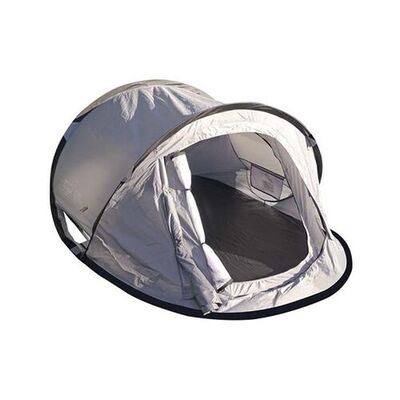
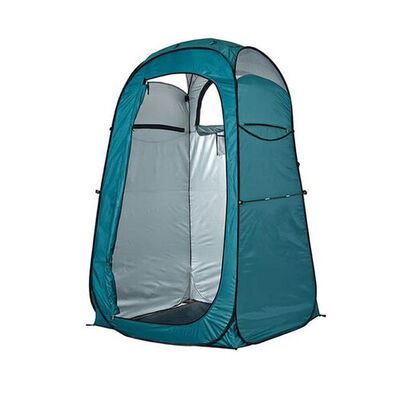
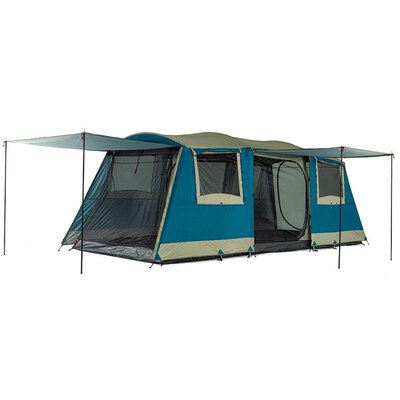
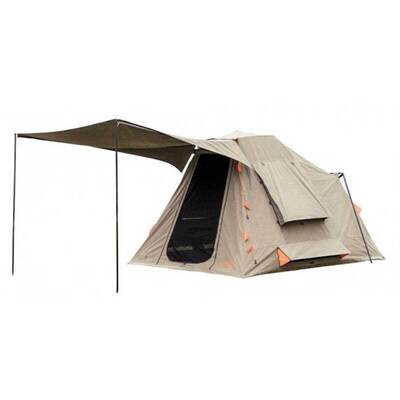
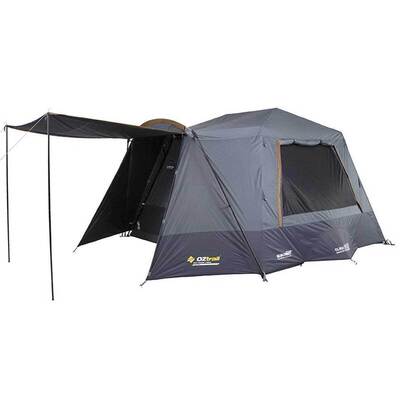
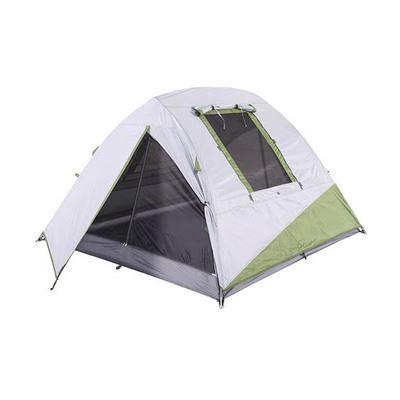
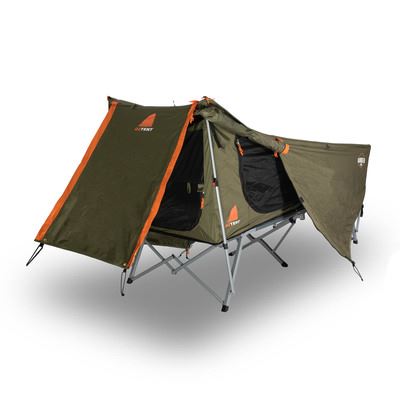
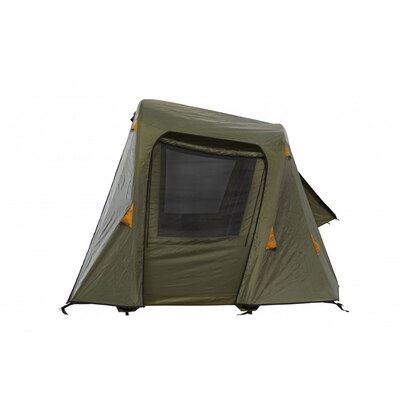
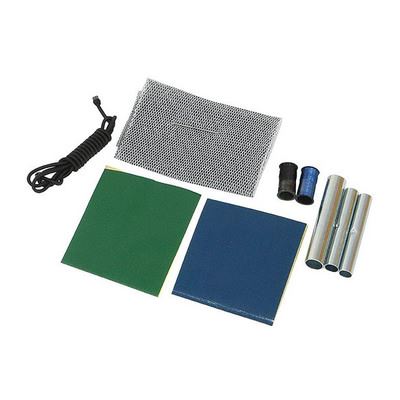
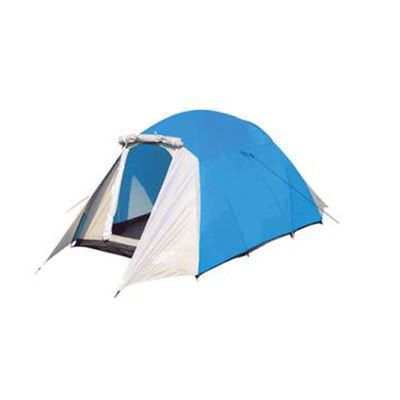
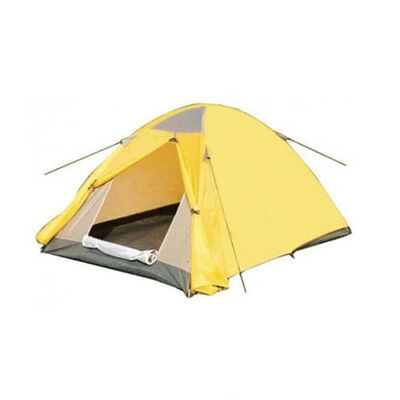

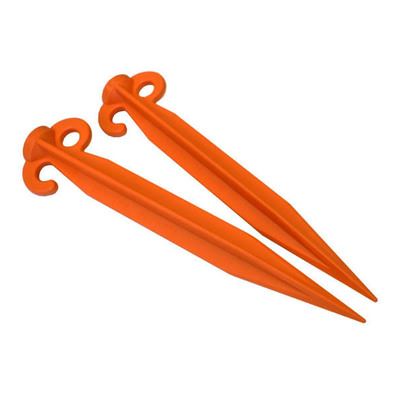
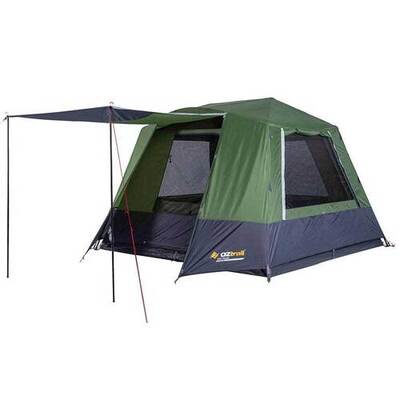
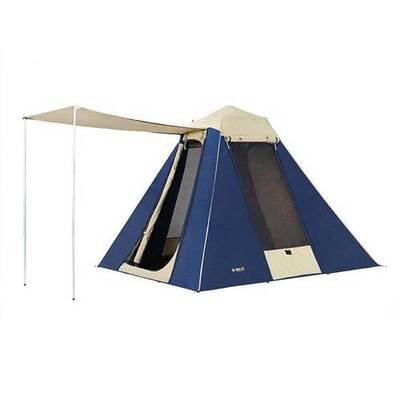
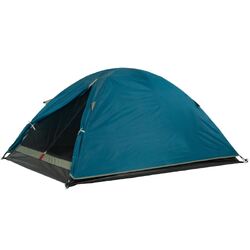

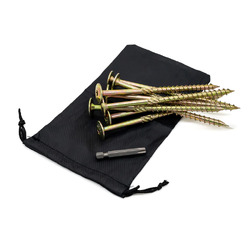

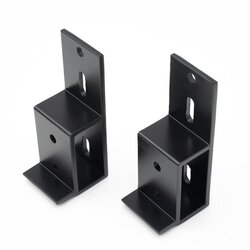

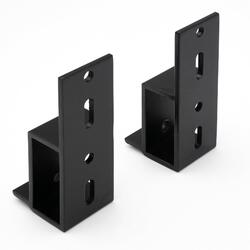
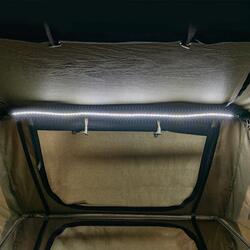
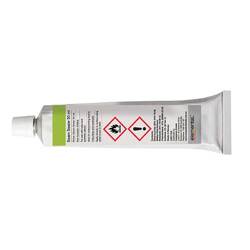

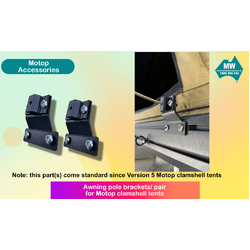

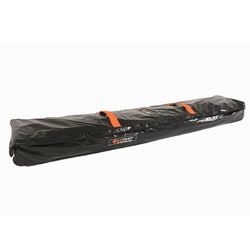

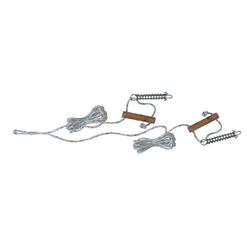
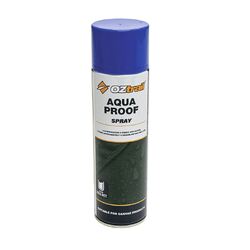
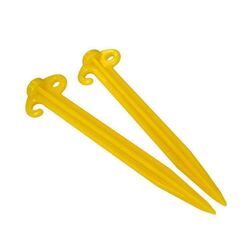

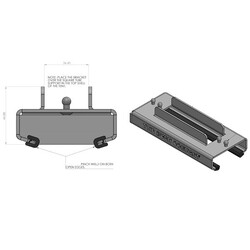

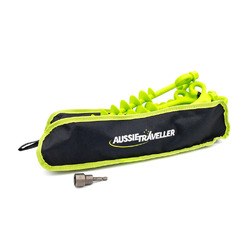
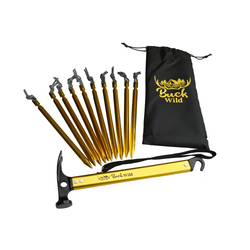

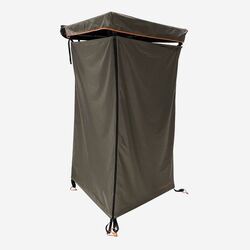
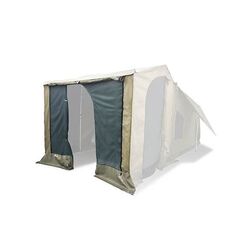
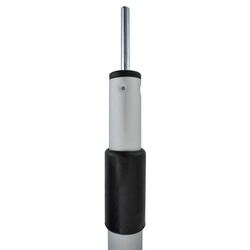
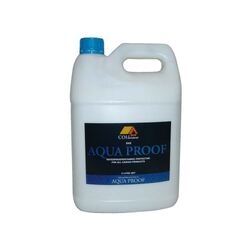
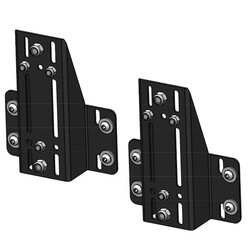
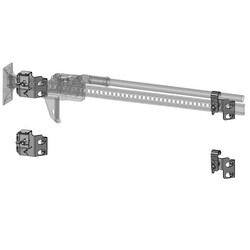
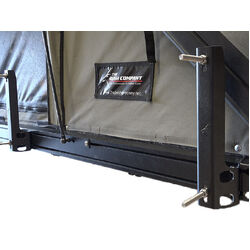
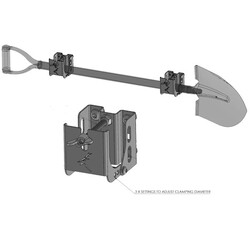
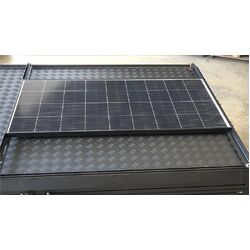


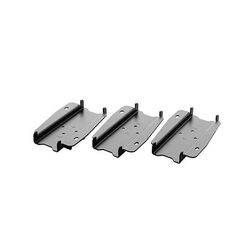

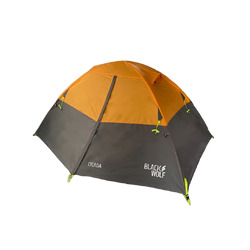

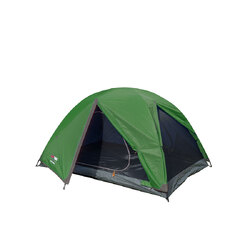
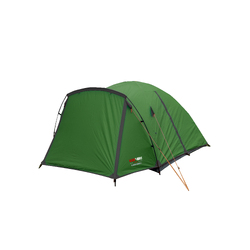
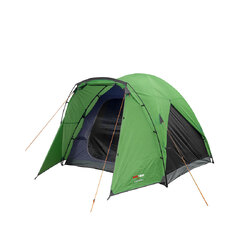
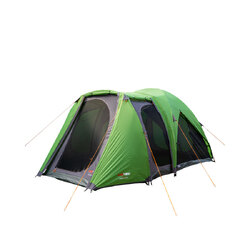
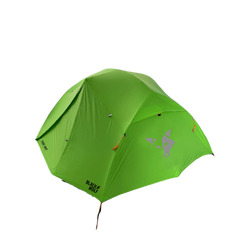
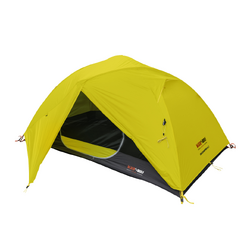
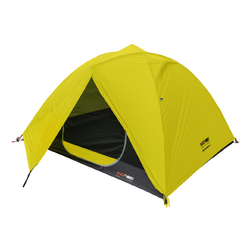
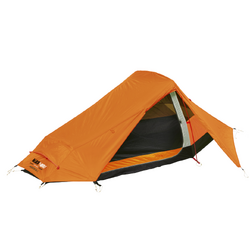
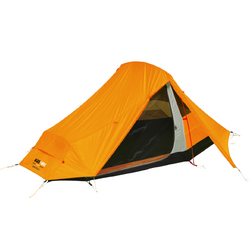
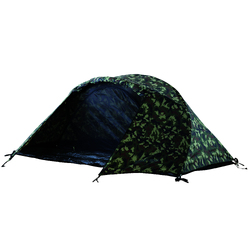
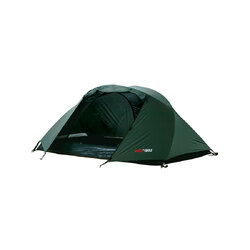
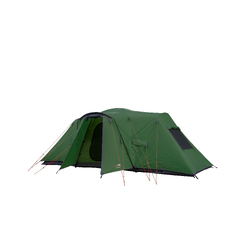
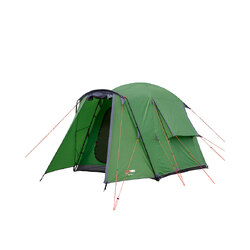
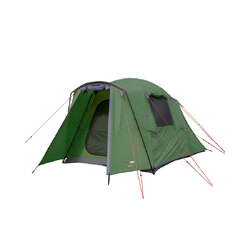
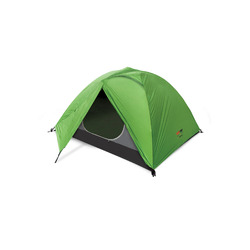
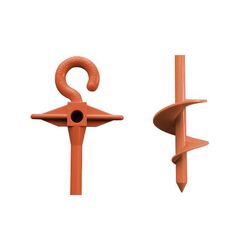
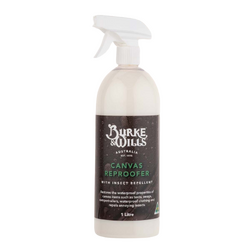
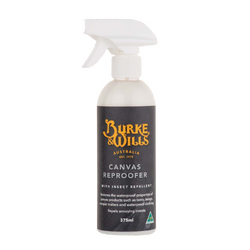
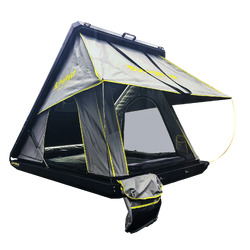

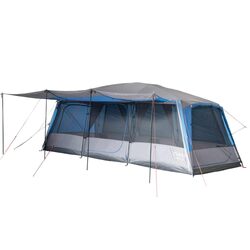

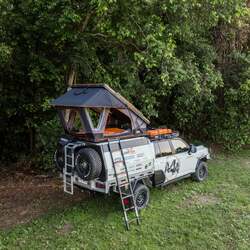

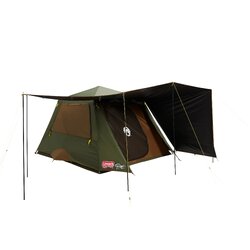



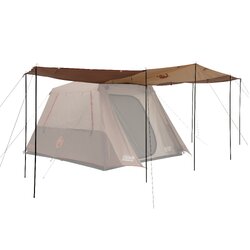
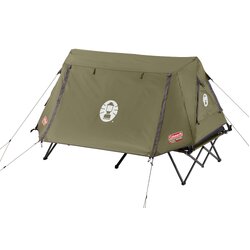









.png)